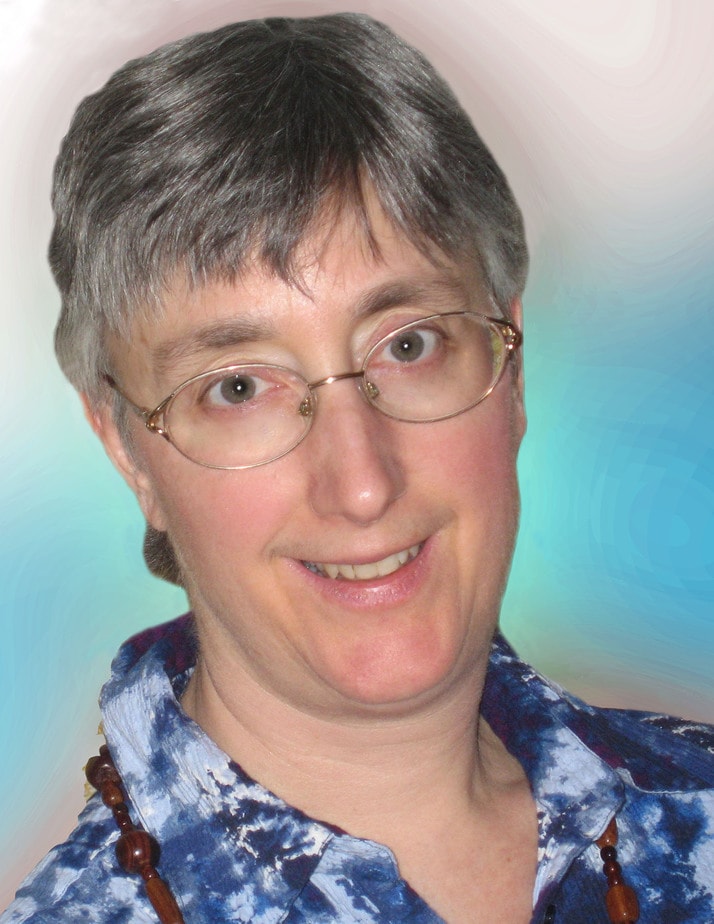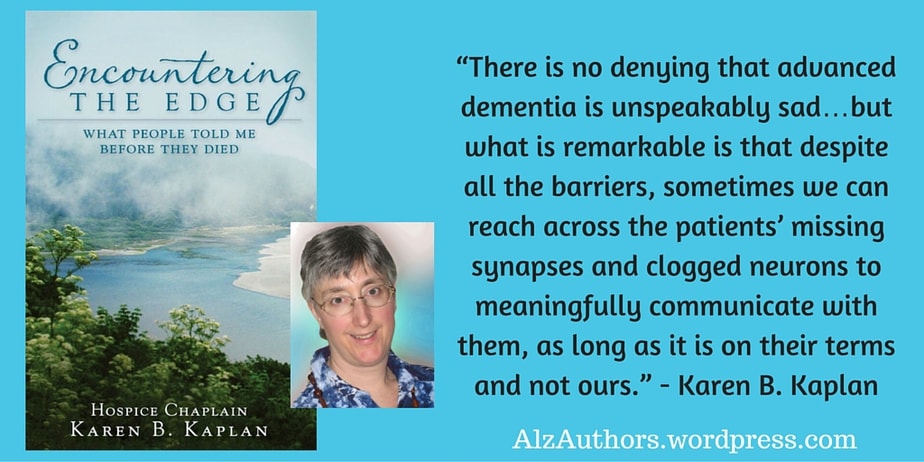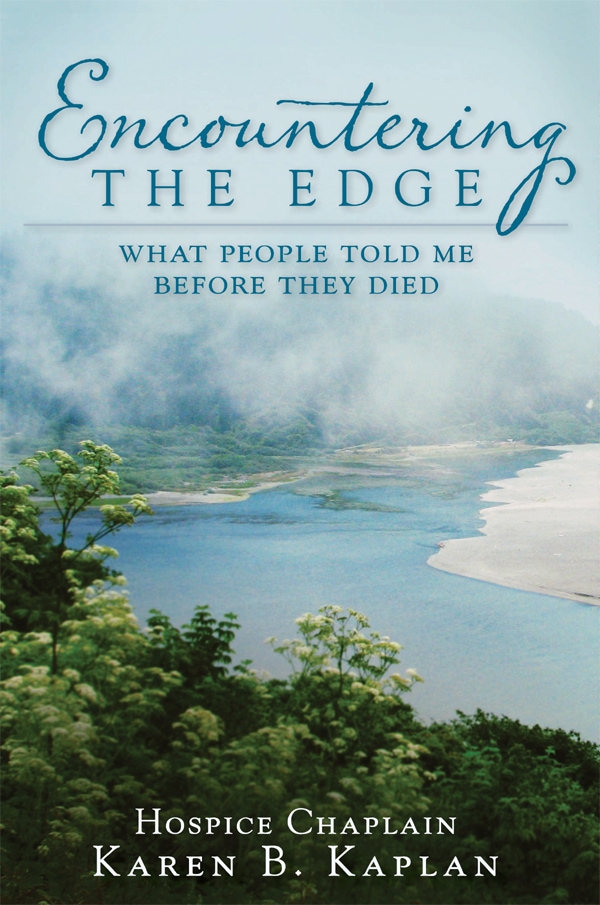It can get lonely carrying on with this job that most people think I must be a “little strange” to be doing. “You’re a hospice chaplain? Isn’t that morbid to be doing that?” Someone felt my going so far as to write a book about it was downright peculiar and distasteful. But with my front-row seat at Act Three Scene Three of people’s lives, I keep getting intimate glimpses of what hospice patients are pondering, remembering, laughing about, and caring about. When I come home to dinner, my husband loves to hear all the interesting encounters I have. One day, one story was about a Puerto Rican who came to the Continental U.S. to spend his final days because Puerto Rico is “a chaotic mess” from bankruptcy. Another was about a man expressing his disappointment that 40 years ago, even though he won an award for an original poem, he had had been unable to claim it in person. Yet another was about a patient who wanted a croissant and for whom a substitute such as a toasted English muffin from the communal kitchen would not do. (I brought her an honest-to-God sample the next day.)
I have all these slices of life against the poignant backdrop of death being around the corner. Wouldn’t the public be curious as to what I experience being in the presence of the
ultimate mystery? Might they want to know how people deal with facing the end? My idea was to give readers a fly-on-the-wall perspective of what I come across as I go to patient’s rooms, talk with family members and colleagues, and how I cope with facing death second-hand over and over. And I wanted to give readers this vicarious day in the life of a hospice chaplain with no preaching and no sugar coating.
Over and over reviewers said that Encountering the Edge was honest and intimate. One even said it was “oddly entertaining,” which I am glad to hear, as I wanted to make this forbidding topic approachable. But one response was unexpected: “I was surprised and sad when she revealed her own personal ambivalence about what follows our physical death. What comfort can you provide if you are not sure yourself?” This illustrates that my book is not an “inspirational” book in the common sense of the term. It is about pondering what one’s own life and death are all about and what our priorities should be while we are still here. Chaplains strive to be the mirror that you will find your own spirituality in rather than to be the poster that will impart a message and do the thinking for you.
At first, the Alzheimer authors who invited me to include my book in their series hesitated because it is not about dementia per se. But they realized that of course like for everyone else, facing death is part of the package. In my chapter on dementia entitled, “Dwelling Full-time Within a Memory,” I conclude, “There is no denying that advanced dementia is unspeakably sad…but what is remarkable is that despite all the barriers, sometimes we can reach across the patients’ missing synapses and clogged neurons to meaningfully communicate with them, as long as it is on their terms and not ours.”
 Encountering the Edge
Encountering the Edge
Social media: https://offbeatcompassion.wordpress.com/
Twitter: Karen B. Kaplan @chaplainkkaplan note the 2 “k”’s




3 Responses
Thanks for posting. I look forward to reading this.
I appreciate your interest. Please let me know if you have any questions or if I can follow up in any way.
Thank you for your comments and input.